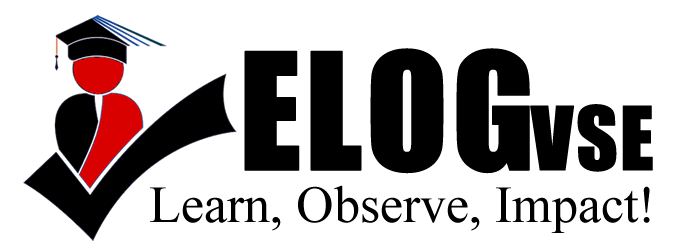Contact Us
Our Office
Address: Nairobi, Kenya
Email: info@elog.org
Phone: +254 700 000 000
Frequently Asked Questions
How do I enroll in a course?
You can self-enroll by visiting our course portal and signing up directly.
Do I need prior experience?
No. Our courses are designed for both beginners and experienced observers.
Will I get a certificate?
Yes, upon completion you will receive an official ELOG VSE certificate.

